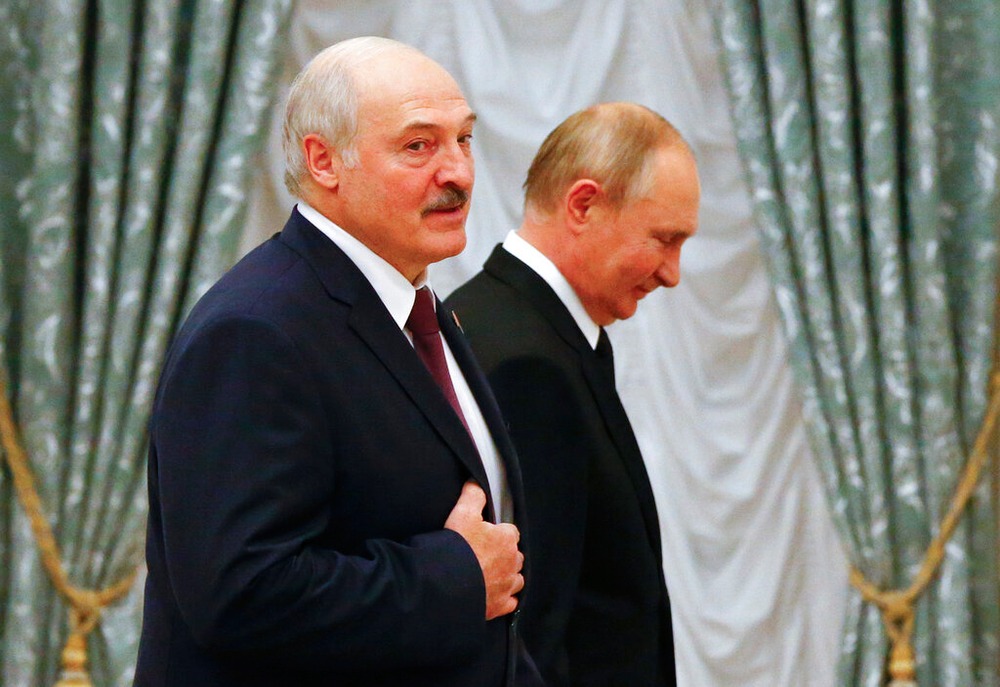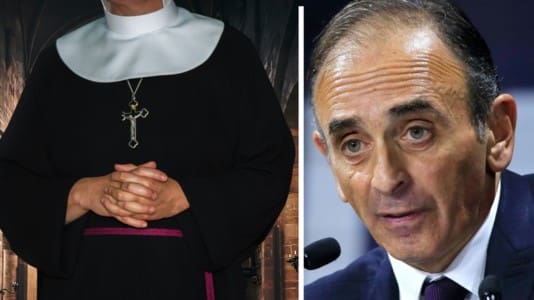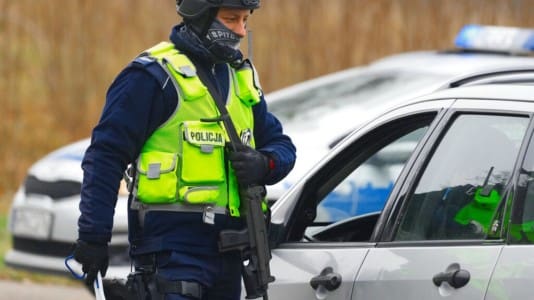For a very long time, Alexander Lukashenko maintained a very restrained position concerning the Russian-Ukrainian conflict. On several occasions, he had even played the role of a mediator in contacts between Kiev and Moscow, and was far from supporting Russia’s actions in the Donbas region and the annexation of Crimea.
In fact, the agreement which ended the most heated phase of the war in Donbas was signed in Minsk (Minsk Protocol) and meetings between different contact groups involved in solving the crisis had met in the Belarusian capital. Very good relations with Ukraine’s leaders were one of Lukashenko’s tools in his political game aimed at delaying the process of Belarus becoming dependent on Russia. The situation changed, however, after the rigged presidential elections in Belarus in 2020.
Initially, Kiev behaved very cautiously when it came to events across its northern border. It was aggressive rhetoric and Moscow’s pressure which pushed Lukashenko into a conflict with Ukraine — a conflict which is becoming increasingly more severe with each passing month.
Today, Ukraine is worried about its northern neighbor for two reasons.
Firstly, it fears an attack on its border using migrants in a similar manner to the hybrid warfare being conducted against Poland, Lithuania and Latvia. Secondly, it fears Moscow using Belarusian territory during a potential military conflict with Ukraine. Of course, one cannot exclude the possibility that Moscow and Minsk will combine these two options: they will destabilize the border situation using migrants brought into Belarus and then will enter the military phase.
Nevertheless, Lukashenko’s most recent statements are the most telling.
On Nov. 29, he declared that “the West is perfectly aware that if they start ‘a little war’ in Donbas or somewhere else on the border with Russia, then Belarus will not stand idly by. It is known whose side it will take.”
This is a veiled declaration of Minsk’s participation in the conflict on the side of Russia in a potential war with Ukraine, especially since Minsk’s rhetoric has increasingly often equaled the West with Ukraine. This is why Lukashenko had said that “the West has begun to strengthen its forces at the northern Belarusian-Ukrainian border.”
Another important statement was made by Lukashenko on Nov. 30. He declared that “in legal terms, Crimea has been Russian territory since 2014.”
“Even back then, I said that Crimea is de facto Russian. Following the referendum, Crimea became Russian,” the Belarusian president had said in an interview with Dimitry Kiselyov, the general director of the Rossiya Segodnya state news media agency.
It is worth noting that Belarus still has not formally recognized the 2014 annexation of Crimea, which occurred following a military intervention and a “referendum,” which was not recognized by the majority of the international community.
Now, Lukashenko says that he wants to visit Crimea.
If the Belarusian president arrives there with the president of Russia, then what sort of additional recognition would be needed? It still would not be an official recognition by the state of Belarus, but it would be a massive step in that direction.
Lukashenko is burning the last bridge and is removing any possibility of improving relations with Ukraine. Kiev has warned that if Belarus recognizes Crimea as Russian territory, it will lead to irreversible consequences in Ukrainian-Belarusian relations.
The question is whether Lukashenko still even cares about that, and it appears he is willing to take that step to maintain Moscow’s support.





